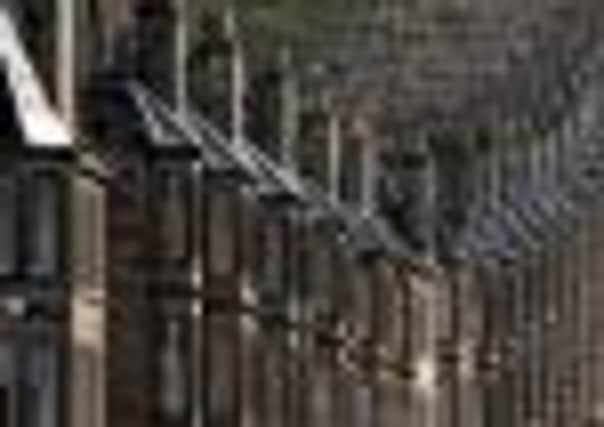Rent arrears soar as tenants struggle to make ends meet


Private tenants are increasingly falling behind on rent payments as costs rise and household incomes are squeezed, according to new research, while Citizens Advice Scotland (Cas) has revealed a sharp rise in the number of social tenants in arrears.
High rents are already putting pressure on tenant finances. More than 40 per cent of Association of Residential Letting Agents (Arla) members reported a rise in the number of tenants struggling to meet rental payments over the last six months.
Advertisement
Hide AdAdvertisement
Hide AdThere has also been an increase in the number of people negotiating with landlords over the price of their rent, with 51 per cent of letting agents reporting tenants seeking to lower their costs, up from 45 per cent last year.
Ian Potter, operations manager at Arla, said: “With unemployment predicted to rise and average rents also increasing in some parts of the country, it seems more and more tenants are finding it impossible to make ends meet.”
With many landlords also struggling financially there may be trouble ahead for some households, Potter warned.
“At worst, this double whammy may result in landlords defaulting on mortgages and tenants being forced to move out of a property.”
Rent arrears are on the up in the social housing sector too, Cas reveals today. The number of social housing arrears cases handled by bureaux in Scotland soared by 32 per cent in the six months to the end of last month.
A spokesman for Cas said: “Scottish advisers are reporting a steady increase in such cases, and this is just yet another indicator that many Scottish families are struggling to afford the most basic aspects of life – a roof over their heads.”
Private rental arrears cases have doubled over the same period, according to Cas, which said the trend was due partly to recent cuts to the local housing allowance (LHA).
Those cuts are also behind a jump to more than half in the number of landlords who claim they can no longer afford to rent to housing benefit tenants, the National Landlords Association (NLA) said yesterday.
Advertisement
Hide AdAdvertisement
Hide AdYoung tenants will be hardest hit by the changes, under which the age that someone on benefits qualifies for more than a single room in a shared house has risen from 25 to 35.
David Salusbury, chairman of the NLA, said: “It’s concerning that so many landlords appear to be planning to withdraw from the LHA market, as they can no longer afford to let their properties to tenants at the reduced benefit rate.”
Landlords are backing away from the market at a time when a shortage of social housing makes private rented accommodation increasingly important in providing housing to LHA tenants, Salusbury pointed out.
“It is vital that local authorities work with landlords to provide the support services needed to help this demographic, as many are forced to move into shared accommodation.”
The latest threats to both private and social housing tenants come as letting agents claim in today’s Smart Money that the Scottish government’s tenancy deposit scheme could force rental costs up when it comes into force later this year.
FULL STORY, PAGE 4